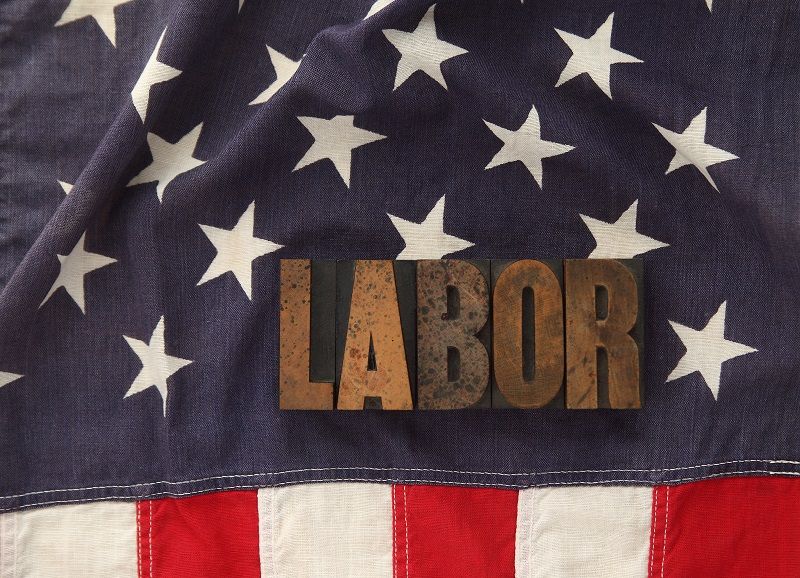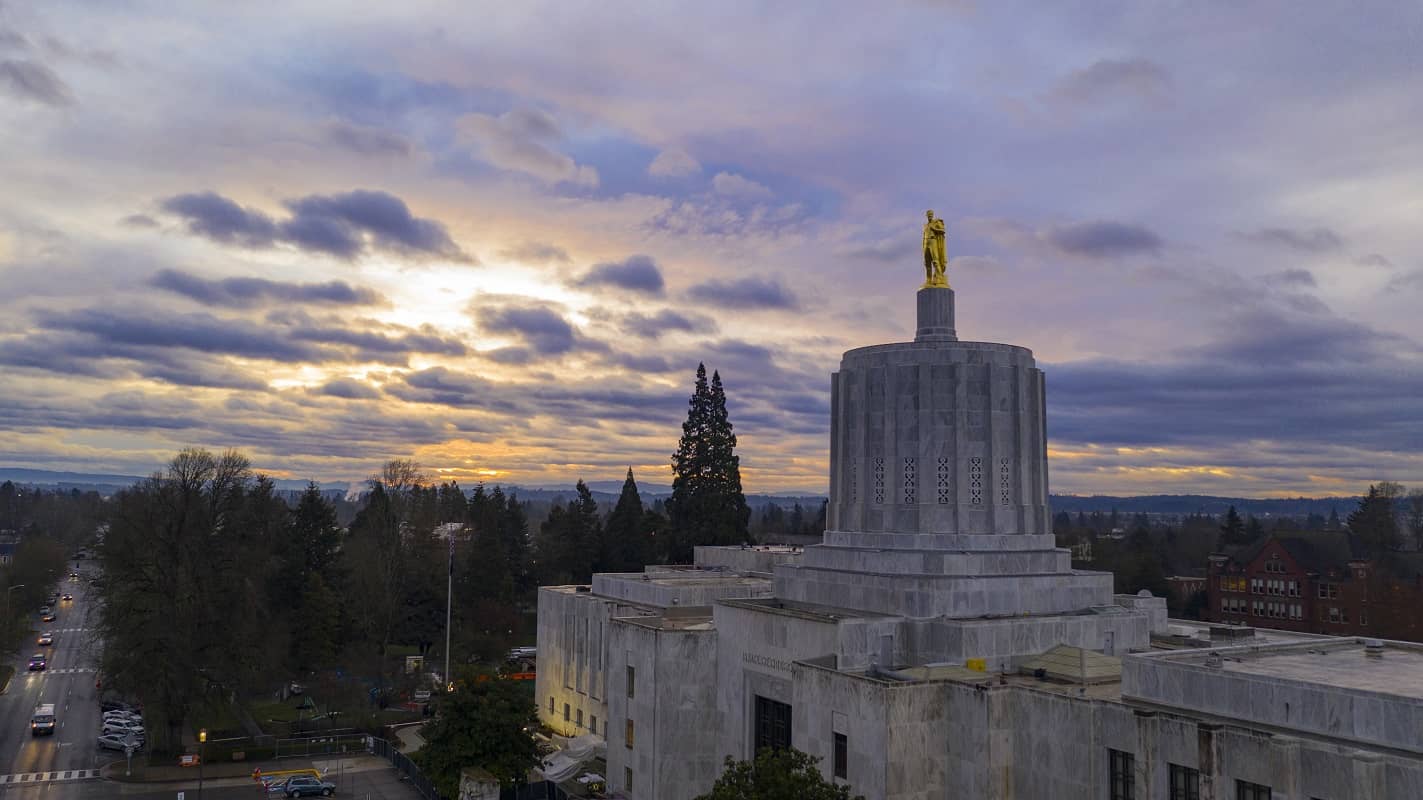This year’s May Day activities in Portland centered on promoting “workers’ rights” and “resistance to capitalism.” Unfortunately, too few critics of capitalism seem to realize that many of the workers they seek to help are being kept from using their knowledge and talents by a system of occupational licensure that dates back centuries.
May Day activists may not know that eighteenth-century Scottish philosopher and political economist Adam Smith, Capitalism’s Founding Father, was not simply interested in how markets profit those they now call “the one percent.” In fact, Smith strongly condemned restrictions on the working poor that kept them from benefiting from free exchange and the division of labor enabled by markets.
What in Smith’s day was called “incorporated trade” is today known as occupational licensure. Smith noted that apprenticeship requirements for weavers, hatters, tailors, etc., kept many out of these trades, while raising the wages of those already secure in them.
Today, most states impose fees and training requirements that keep many workers from entering dozens of occupations such as cosmetology, athletic training, and dry wall installation. Oregon, in fact, imposes some of the heaviest occupational licensing burdens on the working poor.
So, rather than simply berating capitalism, it would be nice if May Day activists could study a little economic history and then help reduce some of the licensing restrictions that limit workers’ rights today.











